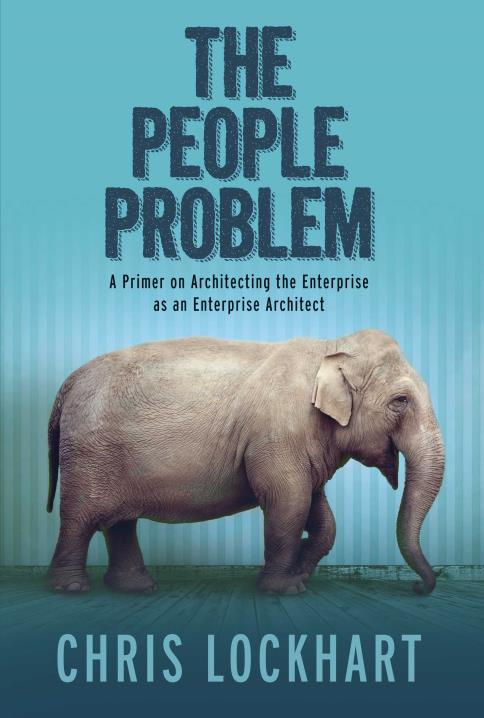I go through alternating phases of optimism, pessimism and cynicism regarding the IT industry. Right now I’m squarely in the pessimism phase.
I am increasingly skeptical that we are cultivating and advancing the right skills in the IT industry. I look around at clients and employers and see a decline in the overall “fit” of IT people with their IT jobs. The reality is that many IT people in IT jobs don’t have IT backgrounds. What’s more, their IT jobs are often amorphously defined to a sufficient degree that they can get away with being non-technical (although this is usually in large Fortune 500 type orgs).
My view on this has evolved over time. Initially, back in the early 2000s, I never understood how some folks could hold the title of “Developer” who clearly didn’t have a clue about development. There were others who knew how to write some code in one or more programming languages and could operate an IDE but lacked any sense of what Martin Fowler calls design skills. Still more may have held proficiency at both but were clueless when it came to domain knowledge, people skills, problem solving or logical thinking.
I’ve since moved on to wondering about the credentials of some people with the seemingly ubiquitous “architect” somewhere in their title. Some appear to be promoted developers. I suppose this may make sense in certain situations where a contextually thinking developer can move into application architecture. But a new enterprise architect who spent the past decade writing code? I’m somewhat doubtful.
The latest one that makes me raise an eyebrow is the PMP/Six Sigma/ITIL/acronym of the year-certified MBA who comes in to serve as an architect of any stripe. Look, I love big picture stuff, but at a certain point there has just got to be some underlying technical competence. I may be old fashioned (or influenced by my father’s trade in the auto industry), but at some point you have to have touched the thing you’re architecting. You have to have hands-on experience with the technology. You need to be technical in background to be just about any kind of architect, in my view. Some may make the case that a business architect can be exempted from technical expertise since they deal with business capabilities, processes and organization. Possibly, but the best business architects I’ve ever known had some technology in their background.
With a weak crop of developers and architects, I’m concerned we’re growing a generation of bad IT managers, directors, VP’s and CIO/CTOs. I’m afraid our next generation leadership will be more concerned with the acronyms after their names, with frameworks and methodologies, than with the actual work of IT. That is, with theory rather than delivery.
Am I wrong? Do we have strong alignment between IT skills and IT roles in today’s industry? Am I just languishing in the trough of disillusionment?


